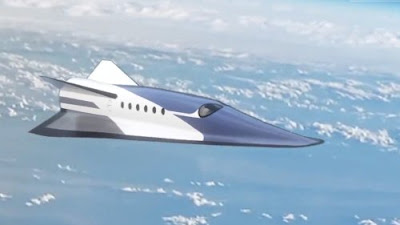DAILY INNOVATION BRIEF by Edward Kane, Journalist
DAILY INNOVATION BRIEF
By Journalists Edward Kane & Maryanne Kane
NEW SCIENCE: THE 5-SECOND RULE, NOT SO FAST!
Source: Stock
- The 5-second rule is a popular belief, dating back to Mongol ruler Ghengis Khan, that food dropped on the floor is safe to eat, if you pick it up within 5 seconds. Scientists put the rule to the test and found it's not true. Here are some key facts:
- There is no safe time to eat food after it drops on the floor
- The 5-second rule is a centuries-old myth
- Bacteria can transfer onto food immediately on contact
- Wet food and deli meat attract more bacteria faster than dry food like a chip
- A study by Rutgers University found watermelon is the worst for bacterial contamination after it hits the floor
- Scientists at both Rutgers and Clemson say bacteria exists in virtually every area we come in contact with and can transfer to food instantly, being pulled in like a magnet
- The CDC says every year 48 million Americans get sick from food
- Bottomline: if you follow the 5-second rule, you're likely to get a lot more than 5 seconds of stomach distress.
BRITAIN ON VERGE OF BUILDING THE FLYING BUM
- Britain's Hybrid Air Vehicles (HAV) is seeking regulatory clearances to build the Flying Bum - the world's most efficient and longest aircraft. Here's what we know:
- This is a huge, new approach to air travel that is being called the world's most efficient, large aircraft
- It's a hybrid, helium airship with auxiliary wing and tail
- Jokingly called the Flying Bum; actual name is Airlander 10
- Uses aerodynamic and aerostatic lift
- Carries 100 people
- Has 4 propellers powered by diesel engines for development that will be replaced by electric motors
- It's the length of a football field and the height of a London double-decker bus
- Maximum speed of 81 mph
- Range 2300 miles
- Maximum altitude of 10,000 feet
- Has been successfully test flown
- Full scale aircraft in 2026
- First flights will take tourists to the Arctic
- Company is currently seeking regulatory approvals from the FAA, the UK and the EU
- Offers a more leisurely way to travel by air at much lower speeds.







Comments
Post a Comment